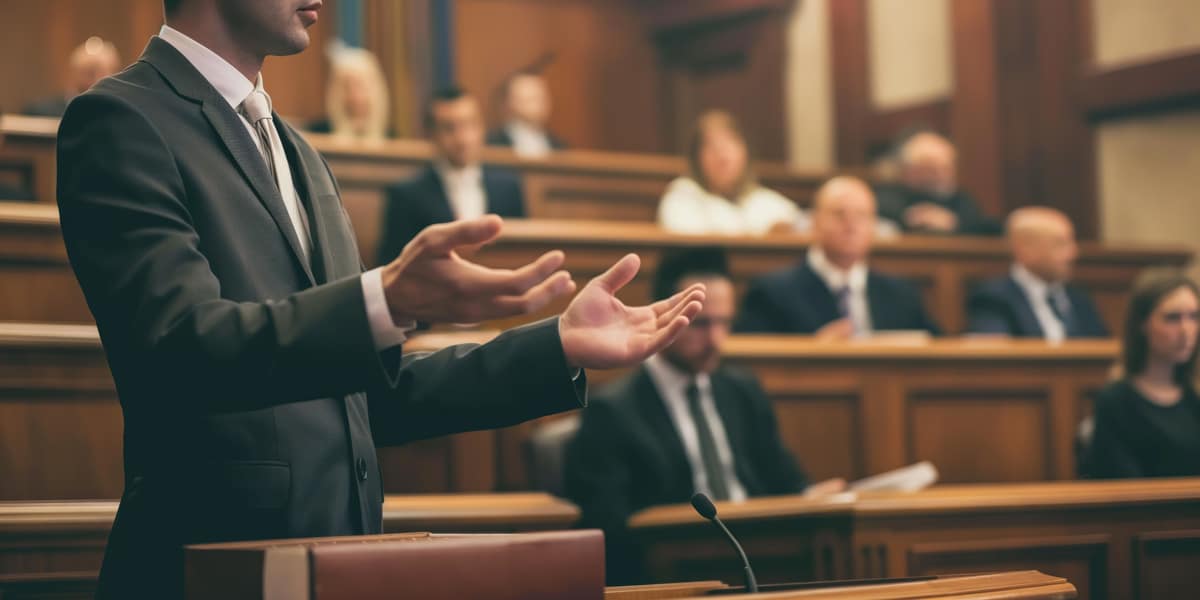Essential Steps for Effective Trial Preparation
Preparation is one of the most important processes to get the results you want from a trial to ensure your client wins. However, preparation is more than jotting down notes and reviewing case details. Trial preparation is a meticulous and complex process that requires strategic planning, thorough research, and detailed organization.
Jonathan Leach, LLC is a trial consulting firm that helps attorneys, parties, clients, and witnesses present the best case possible. From jury consulting to witness training, we can tailor our services to fit your case’s unique needs to help your legal team feel confident. Contact our El Paso office online or call (972) 890-8482 to learn more.
10 Essential Trial Preparation Steps
1. Understand the Case Thoroughly
Begin by thoroughly understanding the facts of the case. This involves reviewing all available documents, evidence, and witness statements. Knowing every nook and cranny of the case will allow you to develop a solid strategy and anticipate the opposition’s arguments.
2. Develop a Strong Case Theory
Case theories are coherent and persuasive narratives that explain why your client should win. A good lawyer will create a case theory based on the case’s evidence and legal principles and present it clearly and concisely.
3. Conduct Comprehensive Legal Research
Research relevant laws, precedents, and legal principles for your case to ensure your arguments are grounded in solid legal foundations. This helps identify potential weaknesses in the opposition’s case.
4. Organize and Manage Evidence
Efficiently organizing and managing evidence is crucial. Create a detailed evidence binder, categorize documents, and maintain an index for easy access. Ensure all evidence is admissible and be prepared to address any challenges.
5. Prepare Witnesses
Witness preparation is essential for effective trial preparation in El Paso. Conduct mock trials with witnesses to practice their testimony and help them become comfortable with the process. This includes reviewing their statements, practicing direct and cross-examinations, and preparing them for potential questions from the opposition.
6. Draft Opening and Closing Statements
Your opening statement sets the stage for the trial, and your closing statement summarizes your case. Draft these statements carefully, ensuring they are persuasive and aligned with your case theory. Practice delivering them to ensure clarity and impact.
7. Plan Cross-Examinations
Effective cross-examination can undermine the opposition’s case and strengthen your own. Develop a list of key points to address and craft precise, targeted questions. Mock trials can be particularly useful in refining your cross-examination techniques.
8. Utilize Mock Trials
Incorporating mock trials into your preparation allows you to test your strategies and witness effectiveness. Mock trials simulate the courtroom environment and provide an opportunity to identify potential weaknesses, refine arguments, and improve overall trial performance.
9. Prepare for Jury Selection
Develop a strategy for selecting jurors likely to be sympathetic to your case. Prepare questions that help you assess potential biases and understand the jurors’ perspectives.
10. Stay Organized and Flexible
Effective trial preparation requires organization and the ability to adapt to changing circumstances. Keep detailed timelines, checklists, and calendars to track progress and ensure all tasks are completed. Be prepared to adjust your strategy as new information emerges or unexpected developments occur.
Trial Preparation in El Paso
Step yourself up for success with Jonathan Leach, LLC. Contact our El Paso office online or call (972) 890-8482 for a free consultation today!

